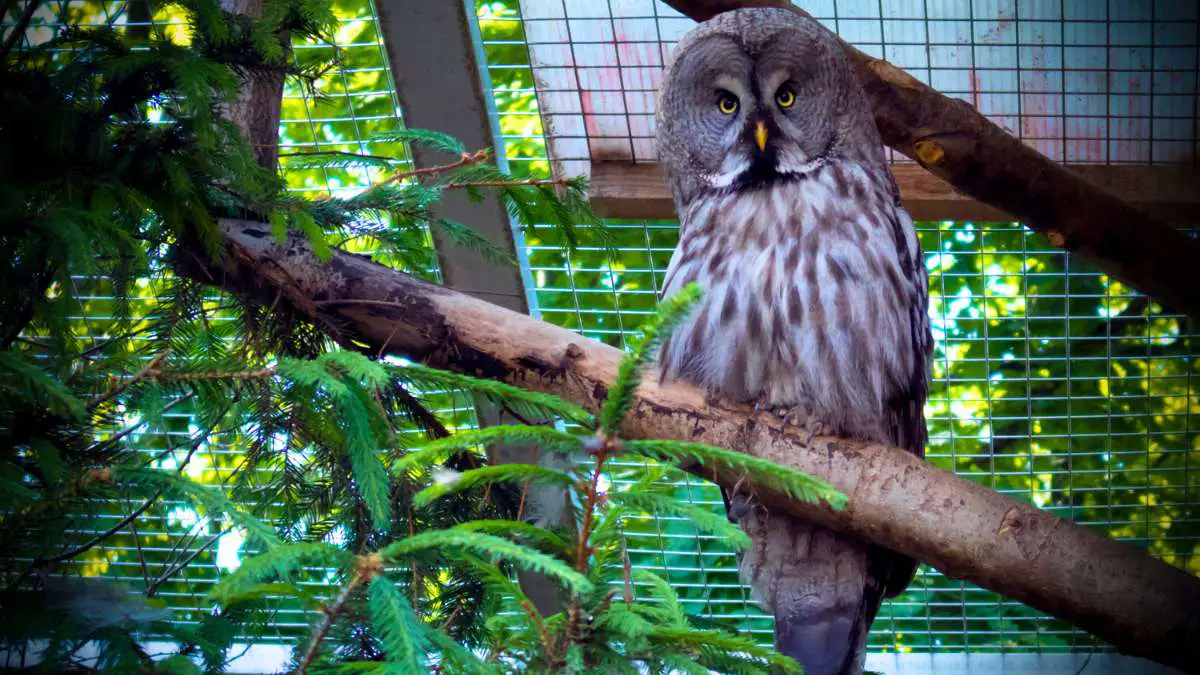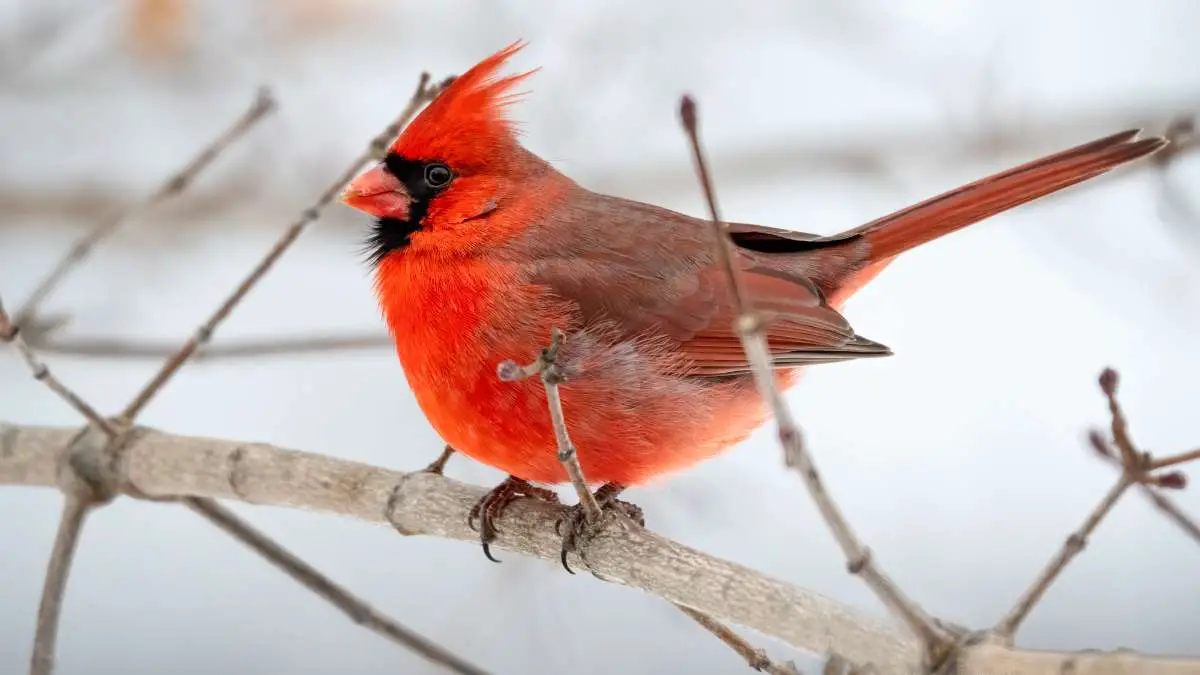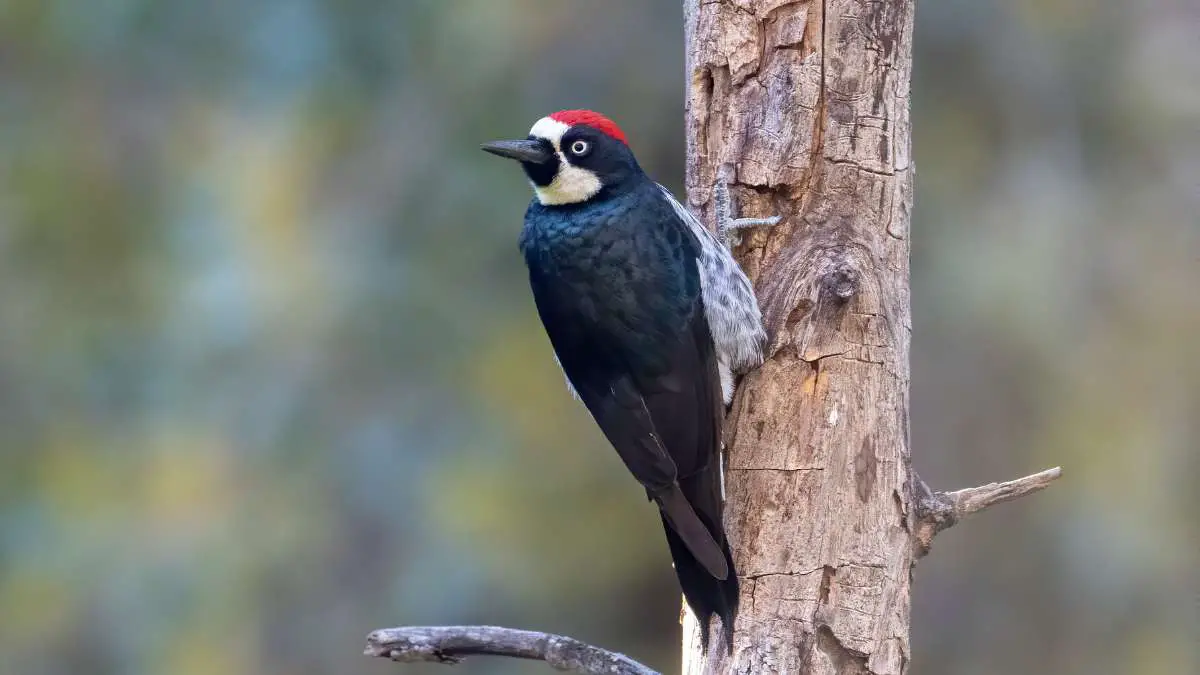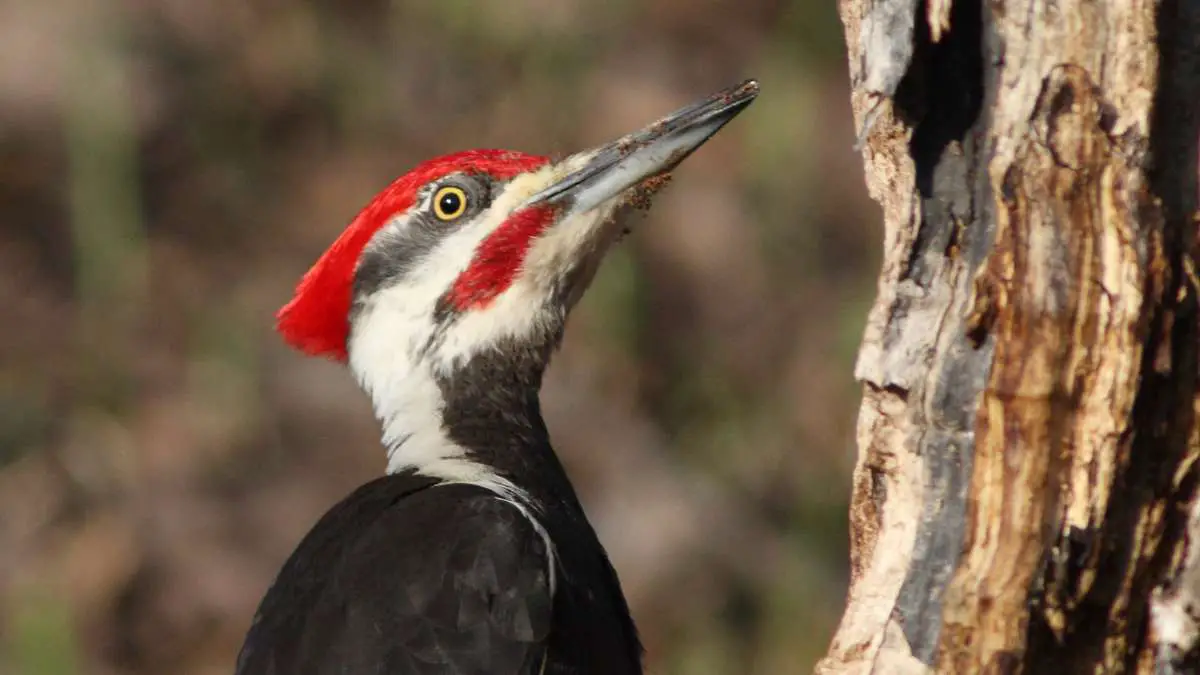Owls as pets? It might sound like a whimsical idea from a fairy tale, but let’s dive into the enchanting world of these feathered companions.
Owls have soared into the spotlight not just as mystical creatures in mythology but also as potential pets for the brave-hearted.
In this article, we’ll take a closer look at the ins and outs of having an owl as a pet, exploring the reasons behind their popularity and the magical myths that surround them.
Owls are not your typical furry friends, and understanding their unique characteristics is key to deciding if they’re the right fit for your home. So, get ready for a journey through the mysterious allure of owls, their nocturnal habits, and the special bond they can form with their human companions.
Whether you’re an aspiring wizard or just an animal lover, this article aims to shed light on the curious world of owls as pets and answer the burning question: Are they good pets to have?
Owls as Unique Companions
When it comes to pets, we often think of the usual suspects like cats or dogs, but have you ever considered the enigmatic owl as a potential companion?
These feathered friends bring a whole new level of uniqueness to the table.
Distinctive Characteristics
Owls are creatures of the night, embracing their nocturnal nature with a grace that sets them apart. Their keen senses and exceptional hunting skills make them intriguing companions for those who appreciate the wild side of life.
Imagine having a pet with the ability to navigate the darkness with precision, a skill that adds an extra layer of fascination to the bond you share.
And then, there’s the magic of silent flight. Unlike most birds, owls can glide through the air without a whisper. It’s like having a mysterious shadow soaring beside you, creating an atmosphere of awe and wonder.

Different Owl Species
If you’re considering an owl as a pet, it’s essential to explore the diverse world of owl species. From the common and petite Eastern Screech Owl to the majestic Great Horned Owl, each species brings its own size, appearance, and quirks to the table.
Understanding these nuances is crucial for creating a suitable environment and ensuring a harmonious companionship. Owls as pets?
Absolutely, but with their unique characteristics and diverse species, it’s a journey into the extraordinary realm of avian companionship.
Owls in Captivity
Considering an owl as a pet? Before choosing an owl as a companion, it’s crucial to understand the responsibilities that come with keeping these mystical creatures in captivity.
Legal and Ethical Considerations
Owning an owl isn’t as straightforward as bringing home a puppy. Legal regulations surrounding the ownership of owls vary, and it’s essential to navigate these guidelines diligently.
Beyond the legalities, there are ethical considerations to ponder. Owls are not just pets; they are wild beings with specific needs and natural instincts.
Responsible ownership involves respecting these creatures and contributing to conservation efforts that ensure their well-being in the wild.
Specialized Care Requirements
Creating a home for an owl involves more than just a cozy perch. Housing and enclosure guidelines must mimic their natural habitat, providing ample space for flight and mental stimulation.
Owls have unique dietary needs, and sourcing appropriate nutrition can pose challenges. Moreover, veterinary care for owls requires specialized knowledge.
Finding a veterinarian experienced in avian medicine is a must for ensuring the health and longevity of your feathery friend.
Owls and Human Interaction
Entering the realm of keeping owls as pets involves not just understanding their unique traits but also unraveling the intricacies of human-owl interaction.
Bonding with Owls
Owls, despite their nocturnal habits, exhibit fascinating social aspects. Establishing a bond with these birds requires patience and an appreciation for their distinct communication methods.
Building trust is a cornerstone of companionship, and it’s heartening to witness the gradual development of a unique connection.
Owls, contrary to common belief, can become devoted companions, bringing a sense of wonder and joy to those willing to invest time in understanding their social nuances.
Potential Challenges
However, it’s essential to tread carefully on this enchanting journey. Owls, by nature, possess protective instincts that can manifest as aggression.
Recognizing and respecting their boundaries is crucial to fostering a healthy relationship. Handling and training owls, while rewarding, can present difficulties. Owls are not your typical domesticated pets, and their responses require a nuanced approach.
Patience, positive reinforcement, and a deep understanding of their behavior are key to overcoming these challenges.
Owls’ Impact on Lifestyle
Thinking deeper into the prospect of having an owl as a pet involves not just understanding their unique characteristics but also considering the significant impact they can have on your lifestyle.
Time and Financial Commitments
Owning an owl is a commitment that extends beyond the ordinary. The time-intensive nature of owl care demands dedicated attention to their specific needs.
From creating an environment that mirrors their natural habitat to ensuring a well-balanced diet, the investment of time is considerable.
Additionally, there are financial considerations. The costs associated with owning an owl encompass not only their initial acquisition but also ongoing expenses for proper housing, quality nutrition, and veterinary care.
Owls as Educational Ambassadors
Yet, the impact of having an owl as a pet extends beyond the personal sphere. Owls can become powerful educational ambassadors.
Their mystique grabs audiences, making them ideal participants in education and conservation programs. By sharing their story, owls play a crucial role in raising awareness about wildlife conservation.
Engaging with these majestic creatures provides unique community opportunities, fostering a sense of connection with the natural world and encouraging a shared responsibility for its preservation.
In contemplating owls as pets, it’s essential to recognize the lifestyle changes involved—both in terms of time and financial commitments—and to appreciate the broader impact these remarkable birds can have in the realm of education and community engagement.
Alternatives to Owls as Pets
Contemplating pets often leads to a myriad of options beyond the enchanting world of owls. Exploring these alternatives ensures a harmonious companionship that aligns with various lifestyles.
Birds of Prey Education Programs
For those captivated by the allure of birds of prey but wary of pet ownership commitments, involvement in Birds of Prey Education Programs offers a fulfilling avenue.
Supporting conservation without the responsibilities of ownership, these programs allow individuals to contribute to the well-being of these majestic creatures.
Moreover, volunteering opportunities within these programs provide firsthand experiences in caring for and educating others about these incredible birds.
Birds Suitable for Domestic Settings
If the charm of feathered companionship beckons, but the complexities of owl care give pause, there are alternative birds suitable for domestic settings.
Choosing pet birds based on lifestyle is key. From the friendly budgies to the melodious canaries, options abound. These avian companions bring joy without the intricate demands of birds of prey.
Alternatives tailored to those interested in bird companionship cater to diverse preferences, ensuring a feathered friend that fits seamlessly into one’s life.
In the realm of pets, considering alternatives to owls opens doors to engaging with birds in ways that suit individual preferences and lifestyles.
Whether supporting conservation efforts or choosing a more conventional pet bird, the possibilities are as diverse as the feathers in a bird’s plumage.
Conclusion
In wrapping up our exploration of owls as pets, it’s essential to recap the unique facets they bring to companionship.
Owls, with their nocturnal charm and distinctive behaviors, can indeed become unusual friends. However, before taking the plunge into owl ownership, thoughtful considerations are paramount.
The time, financial commitments, and legal responsibilities involved necessitate a careful decision-making process.
Above all, this journey into the avian world emphasizes the significance of encouraging responsible ownership — an approach that respects both the owls and the individuals seeking these mystical beings as companions.
In the realm of pets, responsible choices pave the way for fulfilling and harmonious connections with our feathered friends.
You may also like:





